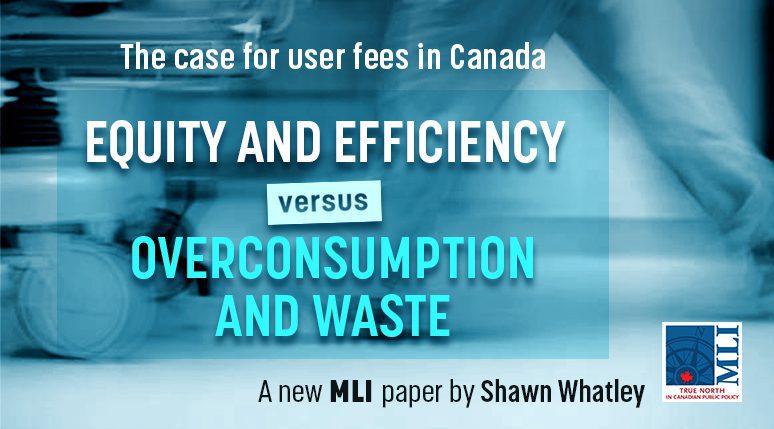
Bureaus and bureaucrats create bureaucracy. Together, they build their own demand and transform people into managers designed to meet bureaucratic needs.
A bureau designed to serve patients ends up serving its creators, while protecting those who work inside.
William Niskanen, economist, offered a definition. Roughly speaking, 1) bureaus contain people who do not earn income from the difference between revenues and cost, and 2) bureau revenue does not come from the sale of output per unit rate.
Squeamish About Saying “Bureaucrat”
Many people refuse to discuss bureaus, bureaucrats, or bureaucracy for fear of causing offence. The managerial and chattering classes see talk of bureau-anything as impolite, ill-defined, or perhaps unhinged.
This tactic is old. See Orwell’s, 1984. Control language; control the masses.
Forcing a word out of fashion does not remove the reality it described. Changing labels creates an endless need for new labels. Relabelling bureaucracy as management or administration does not escape the need to debate the concept.
We need bureaucracy, just like we need surgery. Surgery saves lives when nothing else will do. At the same time, there is nothing that surgery cannot make worse.
The Need for Bureaucracy
As organizations grow, they build bureaus and bureaucracy to decrease risk. Bureaucracy exists to slow things down and make us think twice.
For example, hospitals create communications departments to decrease the likelihood of bad press. Government funding relies foremost on keeping funders happy. Bad press about patient care trumps concern over care itself.
Every element of service creates its own demand for bureaucratic process.
Forms, checklists, and audits.
Computer passwords, authentication, password expiry, and mandatory sign-off.
HR credentialing… the list is endless.
Room always exists for more bureaucracy, with its imprimatur of orderliness and excellence.
The Value of Bureaucracy
Organizations and governments build teams of professional managers (bureaucrats) at significant cost.
Teams struggle to justify their own expense. They cannot point to profit or improved patient care. Given fiscal austerity, ballooning bureaucratic budgets make managers cringe in anticipation of scrutiny.
This creates an impassioned hunt for confirmation of value. Bureaucrats need something — anything — to prove their worth. Continue reading “Bureaucracy vs Patient Care”


